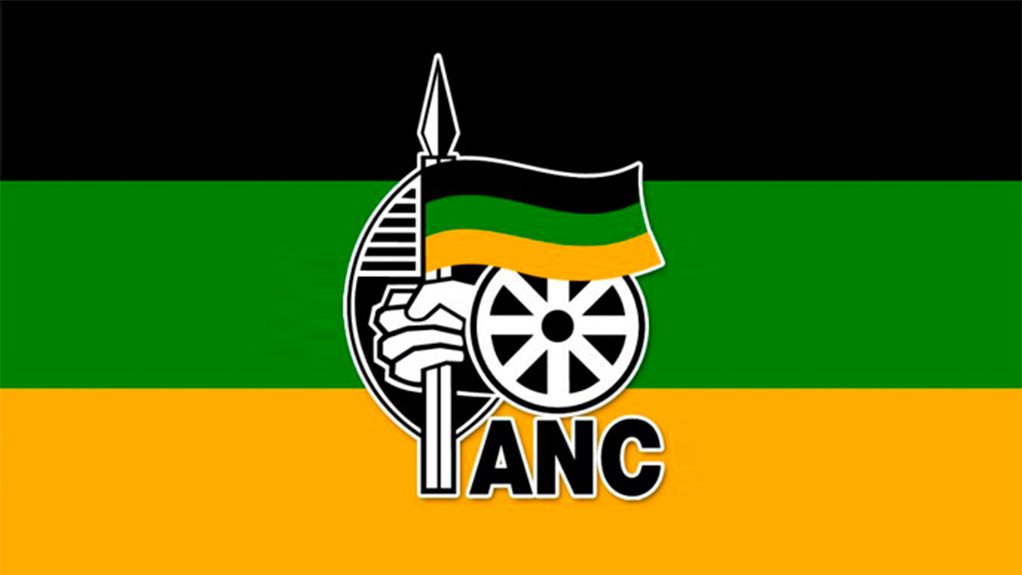The African National Congress (ANC) will receive more than 60% of the national vote, regardless of the voter turnout, according to Ipsos' final poll which was released on Tuesday - a day before the general elections.
These and other findings are found in the "Pulse of the People" study which was conducted in March and April 2019.
Spanning the length and breadth of the country, 3 600 in-home, face-to-face interviews were conducted in the home languages of randomly selected respondents.
The poll's key national takeaways suggest that:
- the ANC will still be the ruling party after May 8 and the Democratic Alliance (DA) will be the official opposition in the country;
- the ANC draws support from all over the country, but especially from Gauteng and KwaZulu-Natal;
- DA support is concentrated in the Western Cape and Gauteng; and
- the Economic Freedom Fighters (EFF) support is strongest in Gauteng, the Free State and Limpopo.
Depending on whether there is low, medium, or high turnout, the ANC is predicted to bag between 61% and 65% of the national vote.
Meanwhile, the DA is polling in between 17% and 19% within the different turnout scenarios - a decline from the 22% it received in 2014.
The EFF looks set to increase, garnering either 10% or 11% over the four scenarios.
In the highly unlikely event that all registered voters participate, the ANC's final support will decrease to 56.92% of the vote, the DA to 15.23% of the vote and the EFF to 9.45% of the vote.
The Ipsos study suggests that in a low voter turnout scenario, ANC voters seem more committed to vote and that the party support will increase notably.
"In a high voter turnout scenario, the ANC succeeds in convincing voters, who would otherwise not have voted, to come out and participate. Thus, both a low turnout and high turnout will be to the singular advantage of the ANC.
"The support for other parties is far more consistent across the four scenarios," according to Ipsos.
DA 'might need coalition in Western Cape'
Other insights from the study suggest that, on a provincial level: "It is unlikely that the DA will win the three provinces they set out to do (namely the Western Cape, Northern Cape and Gauteng), but the Western Cape is within reach (although they might need a coalition partner to form a government)."
The study continues to suggest that the EFF "should be the official opposition in Limpopo and the North West, and possibly in the Free State and/or Mpumalanga".
The governing party, according to the study, is likely to achieve "comfortable majorities (of 66%+ of the vote) in Mpumalanga, the North West and Limpopo" as well as majorities in KwaZulu-Natal, the Eastern Cape and the battleground of Gauteng.
Supporters of the three biggest political parties were also asked about their opinion on the direction of the country.
According to Ipsos, ANC supporters are split in their opinion, while six in every 10 supporters of both the DA and the EFF feel that the country is going in the wrong direction.
Only one third of registered South African voters believe the country is going the right way and more than half (52%) of registered voters believe the country is going in the wrong direction, according to the study.
(Others said that they did not know or were uncertain, that is the reason why the figures below do not add to 100%).
Ipsos used the results of two survey questions, focusing on the desire to vote and on the likelihood to vote to try and get a workable answer to the question of possible turnout.
Ipsos states: "From these numbers, a low voter turnout scenario will result if about 60% of registered voters turn out to vote; medium voter turnout scenarios will result if about 71% or about 75% of registered voters turning out to vote and a high voter turnout scenario will result in turnout of about 80% of registered voters."
In order to get a proper feel for the possible outcome based on the sentiments of respondents, Ipsos used the answers to a variety of survey questions including:
- the political choices determined by a simulated "secret ballot";
- direct questions about party choice;
- the party the respondent will never vote for;
- views on political parties, ranging from "I reject this organisation completely and on principle" to "I will definitely vote for this organisation if there were an election tomorrow";
- assessment of political leaders; and
- other opinions expressed on political parties during the survey.
EMAIL THIS ARTICLE SAVE THIS ARTICLE
To subscribe email subscriptions@creamermedia.co.za or click here
To advertise email advertising@creamermedia.co.za or click here











